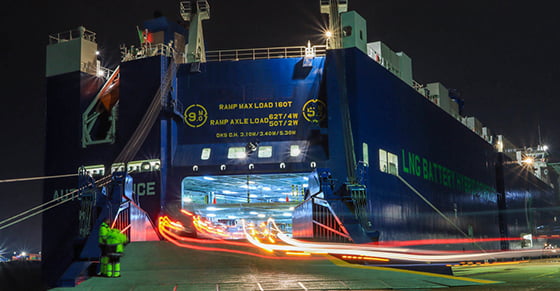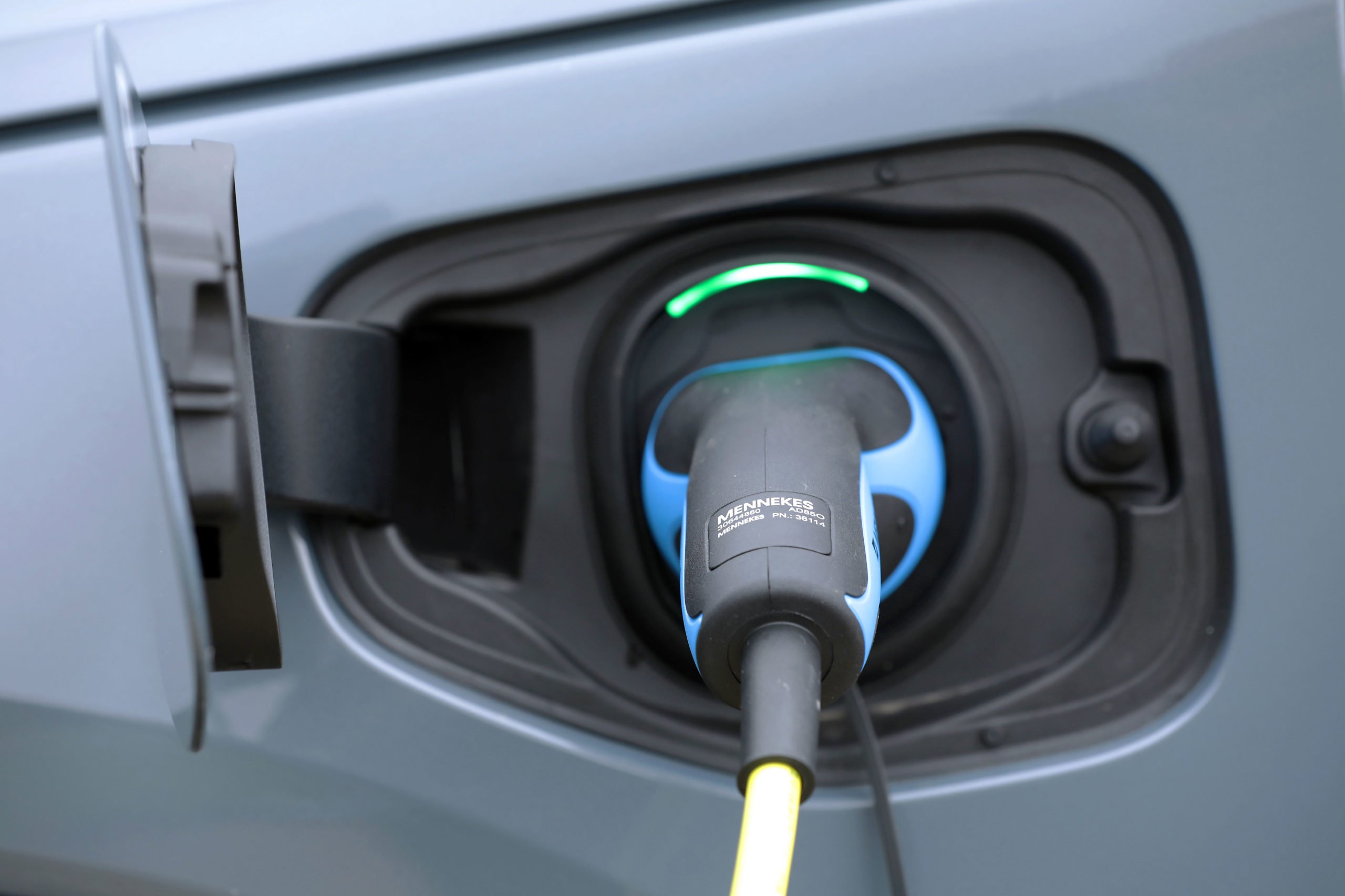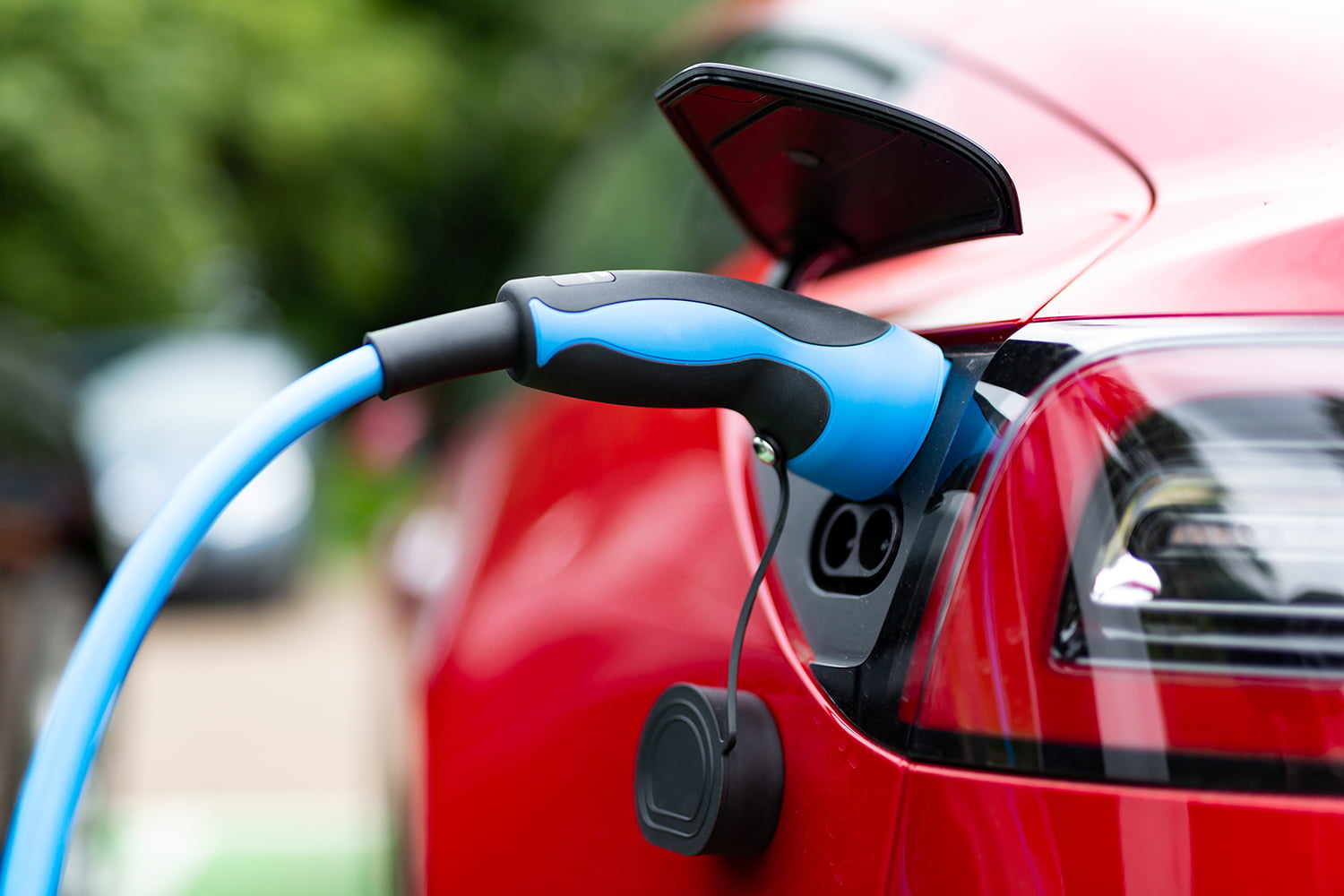Saab Great Britain is to start taking orders for its Saab 9-5 BioPower, a flex-fuel car whose CO2 emissions can be reduced by as much as 70 per cent. Saab BioPower technology means that the 9-5 model is capable of running on either a high-blend mixture of bioethanol and petrol (called E85), or just petrol, without any adjustment required by the driver.
Saab’s turbocharging technology and engine management systems make it possible to take advantage of bioethanol’s higher octane rating. When the car runs on E85, it provides a 20 per cent gain in brake horse power (bhp) and 16 per cent growth in torque.
The fuel is produced from a wide variety of biomass, including forest residue, sugar cane and sugar beet, making it a renewable and sustainable fuel source. When mixed with low volumes of petrol, a potent yet environmentally-friendly fuel – E85 – is created. Unlike petrol and diesel, the consumption of E85 does not significantly raise levels of carbon dioxide (CO2). The emissions from the combustion of bioethanol whilst driving are cancelled out by the CO2 removed from the atmosphere, through the natural photosynthesis process, when the crops are grown.
Launching Saab BioPower, Elizabeth Lowery, vice-president of energy and the environment at General Motors, said that bioethanol plays a key part in GM’s multi-pronged energy strategy. ‘E85 is a clean-burning, renewable and sustainable fuel. The infrastructure here in Europe needs more investment, and more stations to bring bioethanol closer to everyone. But with the EU targets for biofuel usage, fuel providers will be encouraged to expand the volume and the infrastructure to meet the needs of consumers, just as we are voluntarily expanding our offerings to meet their vehicle needs in line with the biofuel objective.’


